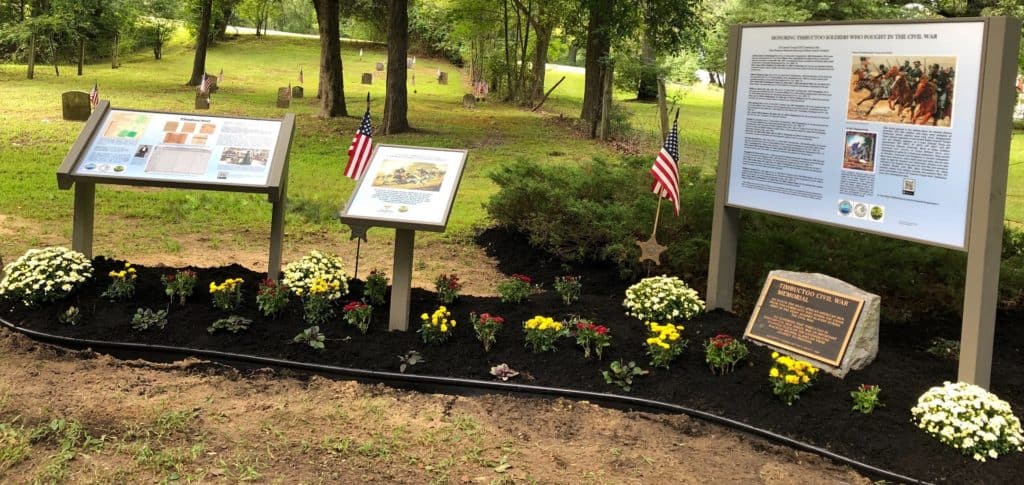

Timbuctoo, an unincorporated community once located in Burlington County, was formed in the 1820s for formerly enslaved and free African Americans long before the Civil War started. The Timbuctoo Historical Society, a local nonprofit, seeks to tell that story and other lesser-known history.
South Jersey — and more specifically Burlington County — is rich in history pertaining to the Underground Railroad that led enslaved African Americans to freedom in the Civil War era.
But a lesser-known aspect of that same story, according to Timbuctoo Historical Society Managing Director Guy Weston, is what happened to African Americans once they reached their destinations, and what life was like for them in northern states already free before the Civil War.
The historical society, a nonprofit formed in 2019, seeks to tell the often untold story of Timbuctoo, an unincorporated community formed during the 1820s by former slaves and free African Americans who could live freely there and own land before the end of the Civil War.
“This is a substantial missing chapter in United States history,” Weston noted. “In school, you basically learn that all Black people were slaves until 1865, and if they had anything, they couldn’t do anything during that time, which was true in the South and was even true in parts of the North … but there was a substantial amount of free black people throughout South Jersey way before the Civil War.”
According to Weston’s research, as many as two dozen communities similar to Timbuctoo existed in the years leading up to the Civil War, with the majority of them and their history lost in time. The only above-ground evidence that the community existed, according to the historical society, is the Timbuctoo Cemetery, which has only 11 gravestones left standing despite containing at least 60 unmarked gravesites.
The Timbuctoo community’s population was believed to be 125 people at one time, and it served as a stop along the Underground Railroad. According to the historical society’s website, the history of Timbuctoo “recounts the victories, accomplishments, resilience and self-determination of African Americans.
Weston’s great-great-great-great grandfather owned land at Timbuctoo, prompting his interest in preserving the location’s history and message. For that reason, the Timbuctoo Historical Society that Weston works with uses grants to provide instructors with materials and resources needed to teach about communities like Timbuctoo in the area during slavery.
“It’s important for people to have a connection to where they came from, and Black people often don’t have that,” Weston explained. “There’s a sense of identity and connectedness that Black people frequently don’t have because of the legacy of slavery.
“While we don’t want to dimish the impact slavery had,” he added, “that isn’t the whole story.” For more information on Timbuctoo and the historical society’s work, visit https://timbuctoonj.com.









